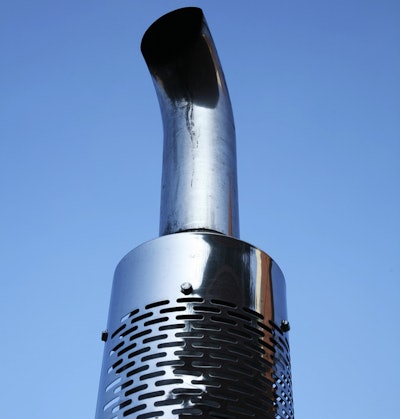
The report, released last month by the Health Effects Institute, concludes that the amount of particulate matter and toxic air pollutants coming from modern diesel engines are about 90 percent lower than pre-2007 diesel engines.
In its study, the HEI exposed lab rats to EPA-compliant 2007 diesel engines for 80 hours a week for as long as 30 months. Researchers found no induction of tumors or precancerous changes in the lungs. They also found no increase in tumors related to diesel exhaust in any other tissue.
The study was conducted at New Mexico’s Lovelace Respiratory Research Institute, New York’s Litron Laboratories, the University of Kentucky and the University of Texas.
The study was sponsored by the Department of Energy and the U.S. Environmental Protection Agency. But the did not participate in selection or review of the institute’s work.
The Diesel Technology Forum, a non-profit, says more than one-third of all trucks on the road are running 2007 and newer engines.
In some states, the percentage is as high as 50.
DTF says the amount of NOx and particulate matter produced by the engines is 98 percent lower than vehicles built in 188.










